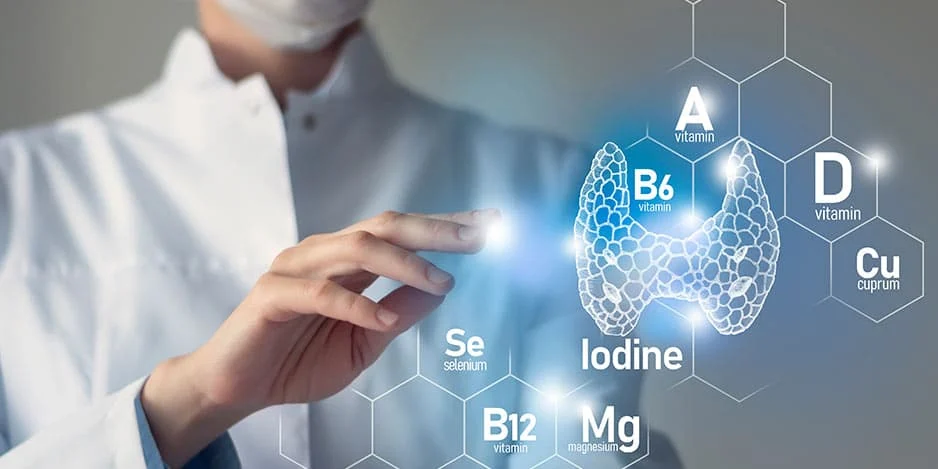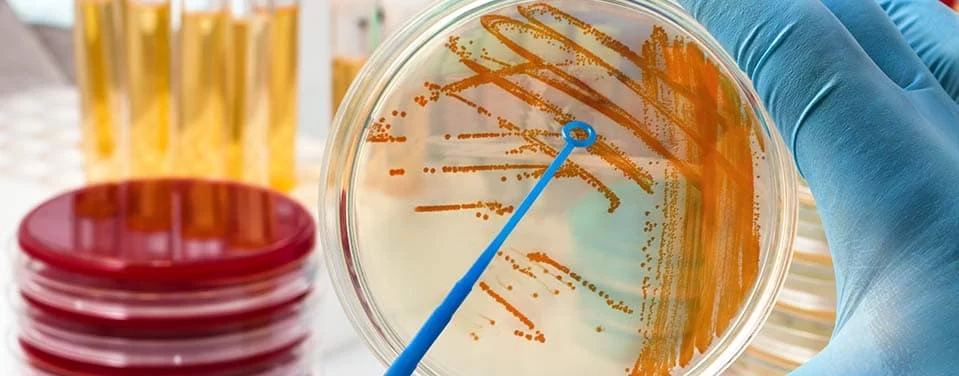Our Key Technologies
At Leeuwenhoek Laboratories, our three core laboratories work in synergy to explore the complex interactions between intestinal microorganisms and the host. By uncovering the underlying biological mechanisms, we aim to develop innovative products that support and improve host health. Through a combination of in vitro culturing, gnotobiotic mouse colonization, and metabolomic analysis, we provide a comprehensive approach to understanding microbial functions and their impact on physiology.

1
Metabolomics
Metabolomics is the comprehensive analysis of small-molecule metabolites within biological systems, aiming to uncover how organisms respond to physiological, pathological, genetic, or environmental changes. Among the various omics fields—genomics, transcriptomics, and proteomics—metabolomics is the closest layer to the actual phenotype, offering a real-time snapshot of the body's functional state The core value of metabolomics lies in its ability to decode physiological changes through molecular structures and identify biomarkers associated with disease. These insights provide a powerful foundation for disease diagnosis, monitoring, and prediction in the era of precision medicine.

2
Culturomics
Our Next-Generation Probiotics Laboratory focuses on the isolation, purification, identification, and preservation of human gut microorganisms. Equipped with advanced facilities for handling strict anaerobes, and backed by extensive hands-on experience, the lab specializes in cultivating gut bacteria that are difficult to culture using traditional methods. By integrating microbial culturing with metagenomic data analysis, we isolate and characterize health-promoting anaerobes—often referred to as next-generation probiotics—and build whole-genome sequence databases for selected strains. In addition, we have established a gut microbiota biobank from healthy local donors, along with a corresponding proteomic profile database. These efforts form a crucial foundation for the development of next-generation probiotics aimed at preventing or treating human diseases.

3